Exploring the Thriving Pickleball Sports Industry
Explore the dynamic pickleball sports industry, offering opportunities for players, event organizers, trainers, and travel service providers. Learn about pickleball tournaments, player participation, training, and the financial aspects. Discover how amateur players and travel packages significantly contribute to this growing ecosystem. Understand the business process flow from tournament planning to post-tournament activities.
The pickleball sports industry is a growing ecosystem that offers opportunities for players at all levels, event organizers, trainers, and travel service providers.
Introduction
The pickleball industry is a segment of the broader sports industry that encompasses the organization of tournaments, player participation (both professional and amateur), training, travel, and associated revenue streams.
Key Components of the Pickleball Industry
Tournaments
Pickleball tournaments are the focal events around which the industry revolves. They range from local and regional competitions to national and international championships. Tournaments are organized by governing bodies such as the USA Pickleball Association (USAPA) and the Professional Pickleball Association (PPA), or by independent event organizers.
Players
Players are central to the pickleball industry. Professionals compete for prize money, ranking points, and endorsements, while amateurs play for recreation, skill development, and community involvement.
Financials
The industry generates revenue through several channels:
-
Tournament Fees: Players pay to enter competitions.
-
Sponsorships and Endorsements: Brands sponsor tournaments and players for marketing exposure.
-
Merchandising: Sales of equipment, apparel, and accessories.
-
Training and Clinics: Fees for professional coaching and skill development workshops.
-
Travel Packages: Custom travel packages to tournaments, including flights, accommodations, and event access.
Amateurs and Training
Amateur players make up the largest demographic in pickleball. They often seek training to improve their skills, which is provided by professional players, certified coaches, or through clinics and camps. Training can be a significant source of income for professionals and specialized training facilities.
Travel
Travel is an integral part of pickleball, especially for tournament participants. The need to travel to different venues creates demand for travel services tailored to pickleball players’ schedules and locations. This encompasses flight bookings, hotel reservations near venues, and local transportation.
Business Process Flow
-
Tournament Planning and Organization: Event organizers plan and schedule tournaments, securing venues, sponsors, and necessary permits.
-
Player Registration and Preparation: Players register for tournaments, with professionals often managed by agents or self-managed, and amateurs typically registering independently.
-
Training and Development: Players engage in training regimens, sometimes attending specialized camps or clinics to hone their skills before the event.
-
Travel Arrangements: Players, especially those competing in out-of-town tournaments, make travel arrangements, which can be facilitated by platforms like Destination Pickleball that offer integrated travel services.
-
Event Execution: Tournaments take place, drawing in players, spectators, and media coverage, creating a vibrant atmosphere that showcases the sport.
-
Revenue Generation and Distribution: Tournament organizers collect fees and distribute prize money, while sponsors gain marketing benefits, and vendors sell merchandise.
-
Post-Tournament Activities: Players may participate in post-event clinics, social gatherings, or return to training for the next event, while organizers review the event’s success and gather feedback for future improvements.
